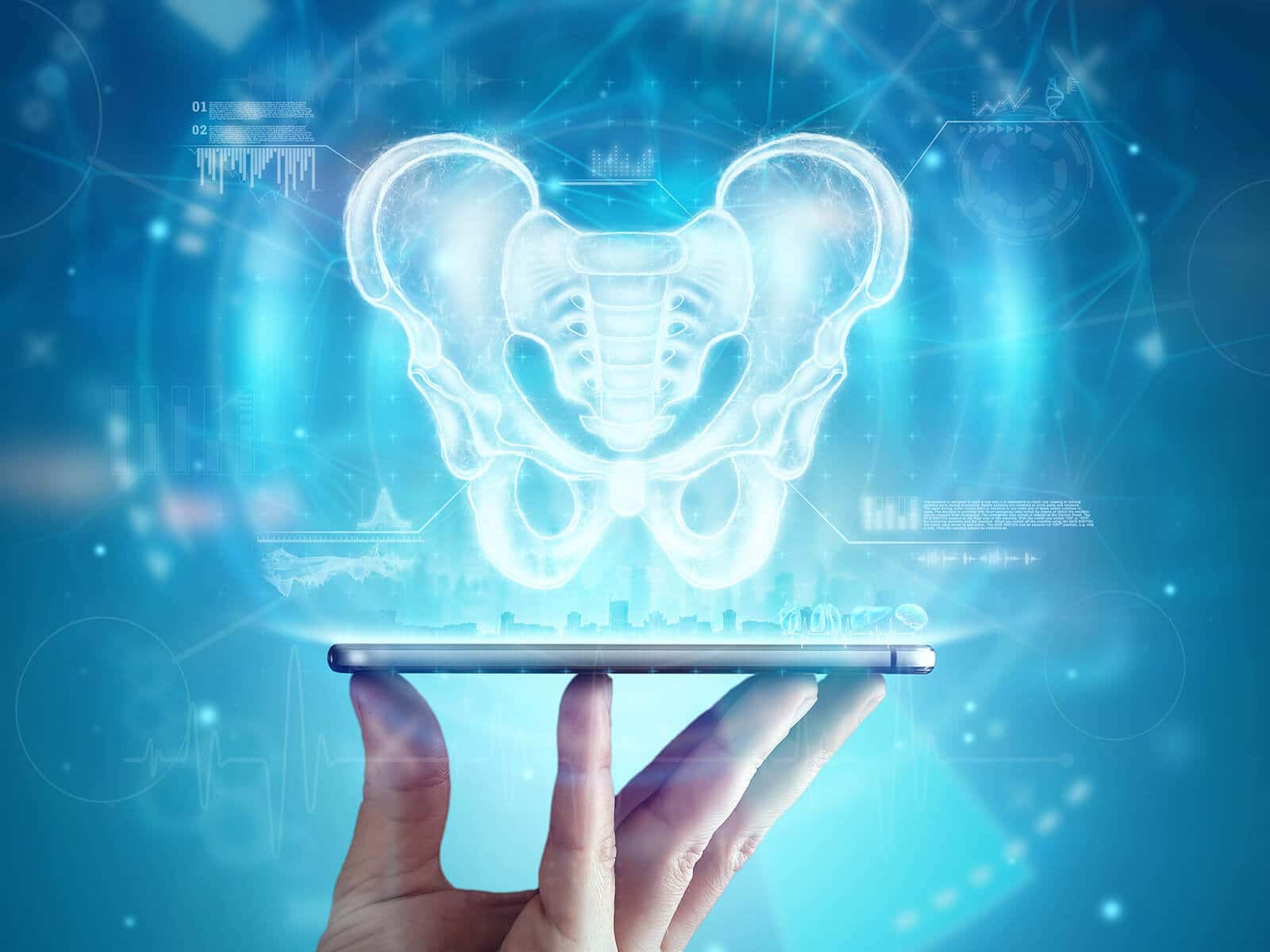
Pancreatitis is the inflammation of pancreas, a small gland found at the back of your stomach and aids in the digestion of foods and also in the regulation of blood sugar. It may occur abruptly (acute pancreatitis) or it may progress gradually into a chronic one (chronic pancreatitis) that may result in permanent damage.
Symptoms often include:
Several factors can trigger pancreatitis:
Our Jersey Village-based board-certified gastroenterologists specialize in the treatment of pancreatitis, providing tailored treatment protocols ranging between sophisticated level diagnostics to the least invasive treatment. We do not only offer professional knowledge but also hopeful, humane along with considerate, patient care to enable you to experience permanent relief. No longer delay to treat your abdominal pain or digestive issues without using our service to make your appointment today and make a first step towards improved pancreatic health.
We've successfully treated more than 1K patients, helping individuals improve their digestive health and overall well-being through expert, personalized care.
With over 20 years of experience, GastroDoxs has been a trusted provider of gastroenterology care, focusing on delivering the best outcomes for patients
K85, representing acute pancreatitis, and K86, representing chronic pancreatitis are the general ICD-10 codes of pancreatitis.
There is K85.0 which refers to mild acute pancreatitis, K85.1-85.8 which refers to various specific types, and K85.9 which refers to unspecified acute pancreatitis.
Codes of chronic pancreatitis are K86.1 chronic calcific pancreatitis, and K86.8 other specified chronic pancreatitis.
In acute pancreatitis, organ failure and complications are the factors that can classify it in four stages, namely, mild, moderate, severe, and critical.
A pancreatic cyst has a code with the ICD-10 of K86.3.
ICD-10 code of pancreatic mass (excluding cancer) is the K86.8.
The codes of pancreatic cancer begin with the head of the pancreas- C25.0 and extend to an unspecified site- C25.9.
Pancreatic cancer risk factors are chronic (long-term) pancreatitis, smoking, the history of the disease in a family, and some inherited genetic errors.
Stage IV of pancreatic cancer typically has a five-year survival rate of between 3-5 percent, although early detection and intervention could potentially be effective.
The typical symptoms would also be constant pain in the upper abdominal region, jaundice (yellowish skin or eye color), unexplainable weight loss, and bloodless and oily stool.